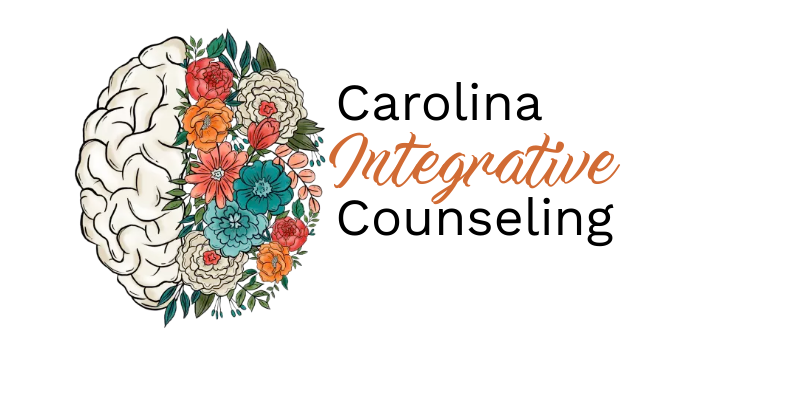Social Anxiety, PTSD, and the Fourth of July: A Gentle Reminder
For many people, the Fourth of July is a day filled with celebration, fireworks, and gathering with friends and family. But for others, it is a day filled with stress, overstimulation, and emotional landmines. If you experience social anxiety or live with PTSD, this holiday may feel more like something to survive than to celebrate.
You are not alone. And there is nothing wrong with the way you feel.
Common triggers on the Fourth of July:
Loud, sudden noises like fireworks can be jarring, especially for veterans or trauma survivors
Crowds and social pressure may intensify anxiety, fear of judgment, or the need to mask discomfort
Feeling out of control in large or unpredictable environments can activate trauma responses
Reminders of past experiences including loss, violence, or neglect, may arise unexpectedly
Signs your nervous system may be overwhelmed:
Difficulty breathing or a sense of panic
Hypervigilance or feeling jumpy and on edge
Emotional numbness or shutting down
An intense urge to flee or isolate
Ways to care for yourself:
Give yourself permission to skip events or participate in ways that feel safe and manageable
Prepare a grounding plan: This may include calming music, a weighted blanket, breathing exercises, or stepping away to a quiet space
Connect with a trusted person ahead of time and let them know what you might need
Stay mindful of your body: If your heart is racing or your shoulders are tense, pause and ask what your nervous system is trying to say
Choose environments intentionally: Smaller gatherings or nature-based settings can feel more peaceful than crowded city events
There is no one right way to spend this day. It can look like saying no. It can look like staying home. It can look like being around people who understand and honor your limits.


